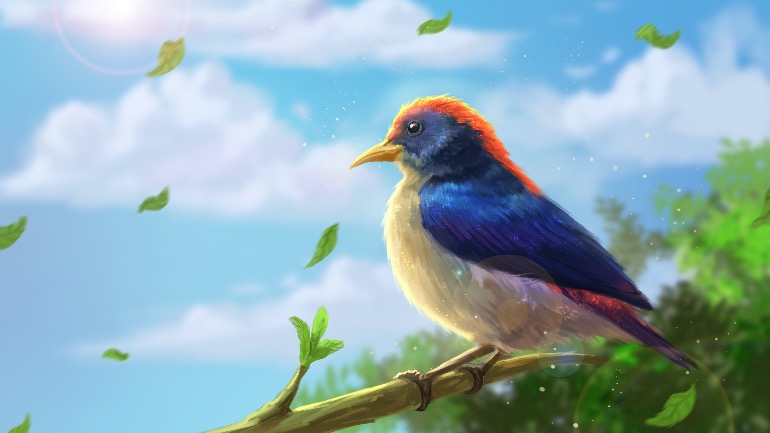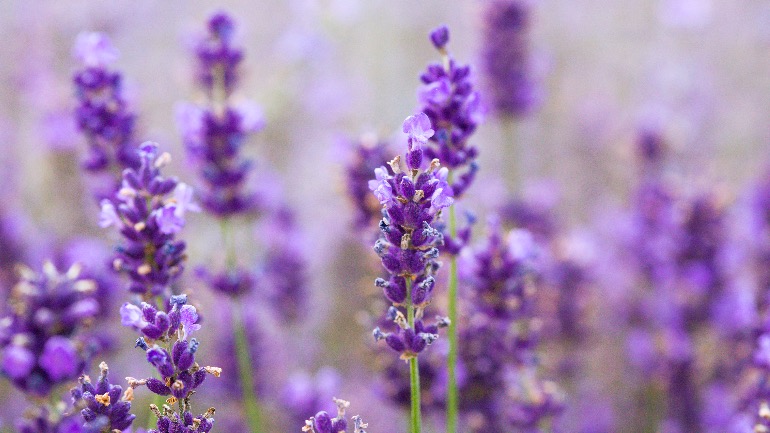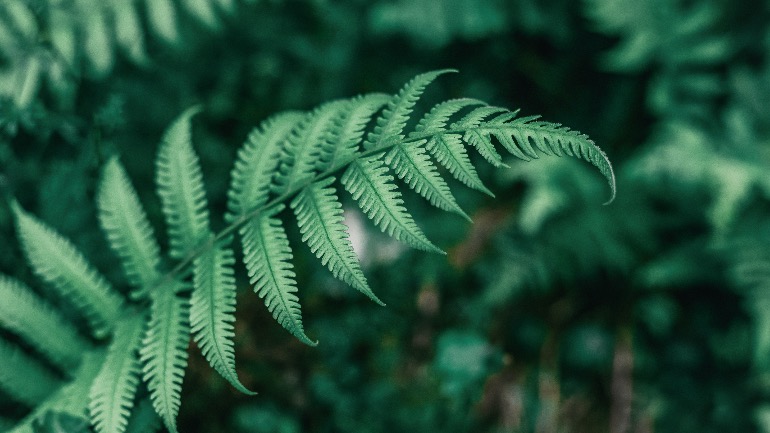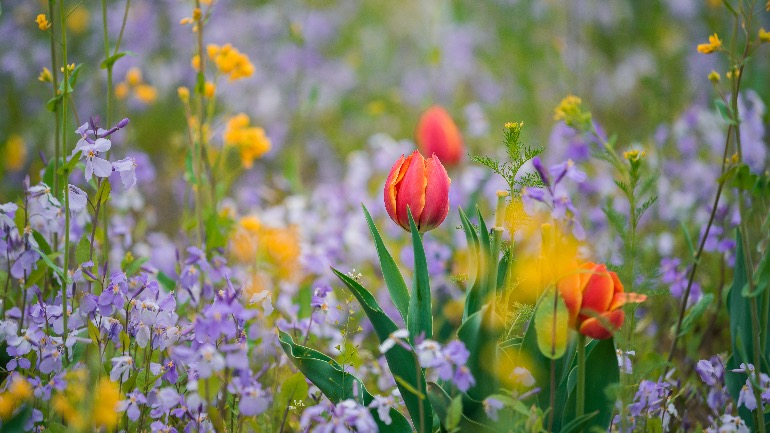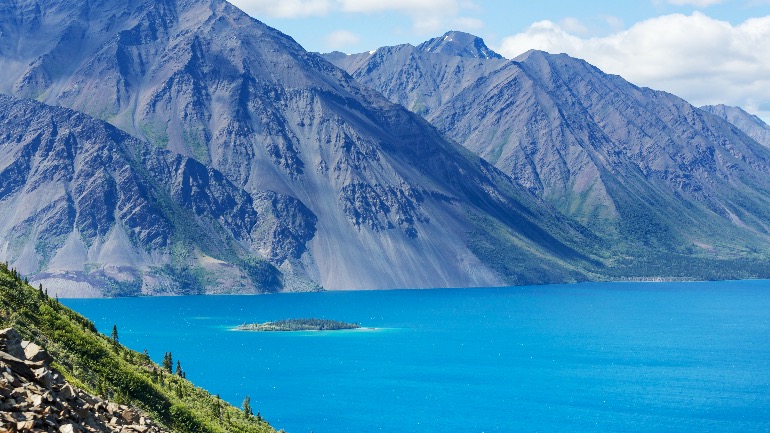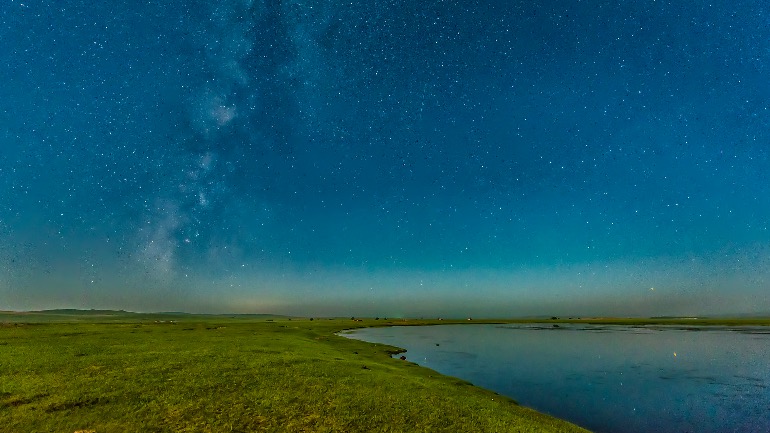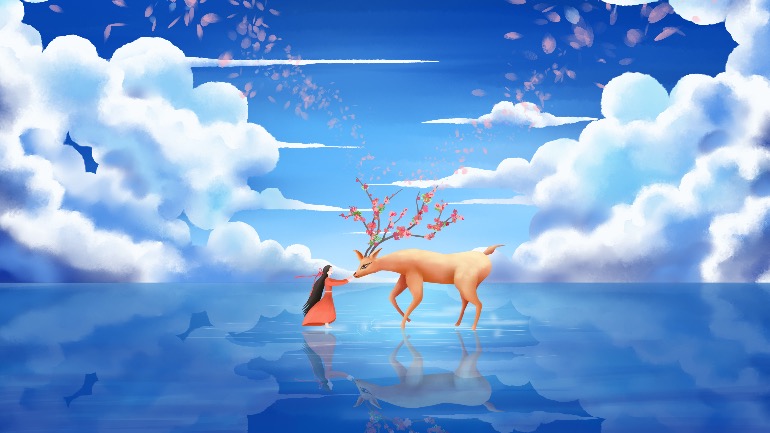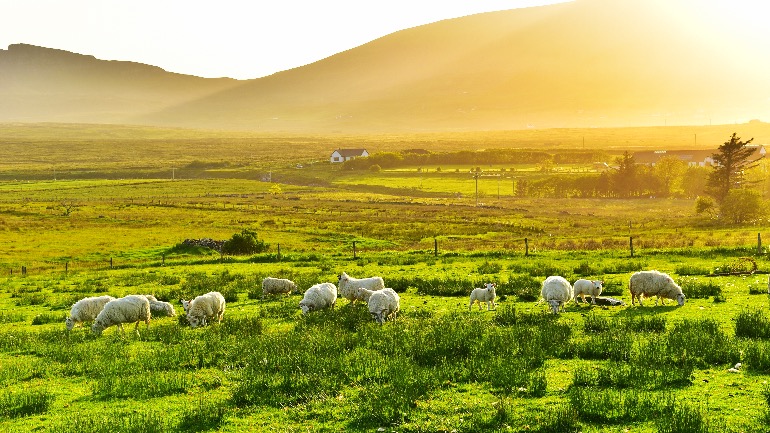The idea of great compassion, as elucidated by the Buddha, does not exist in any of the worldly schools of thought. The traditional Chinese culture upholds moral principles and the Western culture advocates charity and social welfare. But the Buddha’s idea of altruism, demonstrated by the meditation practice of tonglen, for example, and the bodhisattva’s commitment to unconditional dedication to others, are unparalleled.
- Quote from The Right View, "Buddhism—the Definition"


